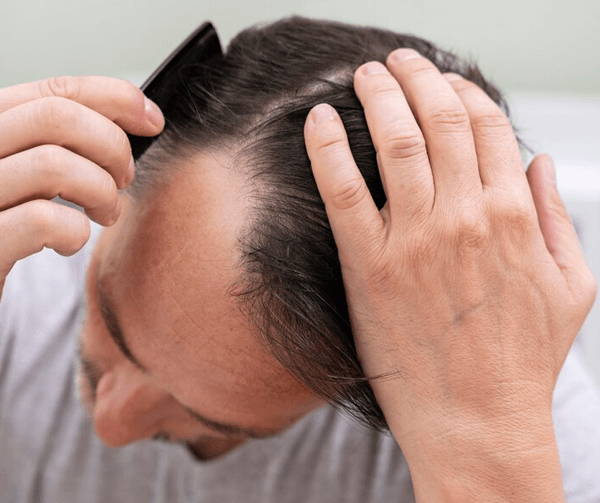Your hair is an important part of your personality and you need to make sure that it only adds and not take away from who you are. For most people, having a bad hair day is about as bad as it could get, because they are unable to get their mind away from it. Seasonal variations play a pivotal role in influencing the way hair behaves and we would be discussing it further in detail.
There might be several people who love their hair when they are wet however wet hair are the most sensitive and more prone to damage. This is why, it is imperative that during the monsoons, you take extra care of your hair.
While the rains might bring the much needed respite from the heat, it will also bring along with it, a range of problems – acid rain, a rise in the humidity and even dirty rainwater. All these will harm, not only your hair, but also your scalp.
There are a few things that you could do to make sure that your hair is healthy and happy, even during the dull damp monsoon months:
The oil that you use could matter:
There are many people who are not even sure how to oil their hair correctly, leave alone which oil to use. During the monsoons, it is important that you use the proper oil and the correct oiling method to ensure that your hair looks healthy. Normally, a lot of people think that a thorough massage is essential, but the fact is that vigorous massaging of your hair increases the chances of breakage. If you oil your hair too often, you will also have to shampoo it is just as many times, in order to wash off the excess oil, and this too will lead to the weakening of the hair. So, ideally, you should oil your hair only when needed and use gentle hands to work it in. Wash it off with a shampoo that suits your hair type.
Your hair routine needs to change during the monsoons:
There are a few tips that you could include into your daily hair care routine and these are:
- Ensure that you do not use very hot water to wash your hair
- The shampoo needs to be worked into the scalp and it would be wise to use only your fingers
- Rinse the shampoo off properly, ascertaining that the water has run clean
- Use a sparing amount of conditioner and that too only on the tips of the hair
- The use of a wide toothed comb would be advisable to ensure that the conditioner is spread properly
- Wash off the conditioner with cold water, as these will give your hair cuticles a shine
Make the right choice with your shampoo:
The monsoons are a harsh time for the hair, which is why you might have to change your shampoo for these few months. Stick to a shampoo that matches your hair type, but look for a milder version of the same. It has been observed that hair tends to lose its volume and bounce during the monsoons, which is why it would make sense to invest in a volumizing shampoo. If your hair is being exposed to rain water every day, you can use a mild shampoo every day too. However, it is best that you try to protect your hair as much as possible during the monsoons.
Conditioning is just as important as washing your hair:
During the monsoons, there is an increase in the humidity, which is why your hair might become all the more frizzy. Conditioning regularly will ensure that your hair is soft and there is neither any frizz nor any dryness. You should definitely condition, every time you shampoo, but you can even use the conditioner alone also.
Time to change your comb:
If you are someone who uses only a single type of comb or brush, perhaps this would be the time to widen your horizon. You should invest in one wide toothed and one fine toothed comb – the wide toothed one would be ideal for using in the shower, because it would help spread the conditioner through the length of the hair. This is also a good choice to detangle hair, without causing too much damage.
Dry hair is healthy hair:
Although it might sound a little difficult to follow, it would be wise to keep your hair as dry as possible, during the monsoon months. Studies have shown that during other seasons, people lose anywhere between 50 to 100 strands of hair, each day. However, during the monsoons, the count doubles, and most people do not even realise the same. Wet or damp hair means that it could also lead to other complications such as dandruff and itching, which is why it is imperative to keep the hair dry and clean. If you do get your hair wet, towel-dry them immediately, however, avoid using a hair dryer, as it will suck out the moisture.
In the concluding part of this article, we will continue looking at other things that can be done to keep your hair looking healthy, during the rainy days.







